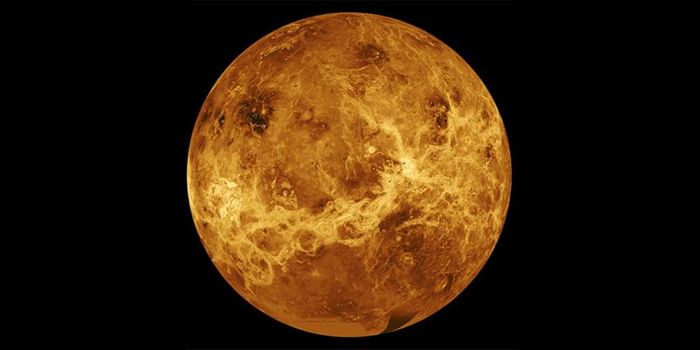Wildfire Smoke Costs Thousands of Human Lives and Billions of Dollars
Scientists from Cornell University have examined the costs of wildfire smoke and found extensive impacts to rates of premature mortality as well as billions of dollars of associated economic costs, in a recent study published in Science of the Total Environment.
As climate change continues to contribute to extreme weather events, wildfires of greater size and frequency are becoming increasingly common. With these wildfires comes additional air pollution in the form of fine particulate matter, or PM2.5. These fine particles are the greatest health concern that accompanies wildfire smoke and have been found to impact respiratory health more than similar fine particles from other sources.
Fine particles negatively impact human health by entering the lungs and bloodstream, after which they can affect the lungs and heart and cause accompanying serious health effects.
"We think of automobile tailpipes and factory emissions polluting our air," said study author Oliver Gao. "We don't necessarily think about air pollution from natural sources like wildfires.”
Using NCAR fire inventory data from 2012 to 2014, the researchers employed the U.S. Environmental Protection Agency CMAQ model to compare the health impacts and economic values expected with and without wildfire emissions.
They found that wildfires could lead to 4,000 cases of premature mortality in the U.S. each year, an estimate that could rise up to 9,000 premature deaths annually.
The economic costs associated with smoke particulates from wildfires are estimated at somewhere between $36 to $82 billion in the U.S. each year.
The study also found that metropolitan regions located near fire sources, such as Los Angeles, Atlanta and Houston, are subject to relatively higher health burdens and economic losses. Regions located downwind of western wildfires also had notable health burdens, a fact that results from their large populations, despite relatively low amounts of fire-induced fine particulates. As well, California, Florida, and Texas emerged as the states with the highest rate of premature mortality as a result of high volumes of fire-caused particulate matter.
"Wildfire affects our health," Gao said. "In this era of climate change, if we remove flammable vegetation and do things like create green fire breaks and reduce the fuel for the fires, we can substantially decrease the harm of smoke downwind in populated areas."
Sources: Science of the Total Environment; UN Environment Programme; Environmental Protection Agency; Nature Communications; Science Daily








